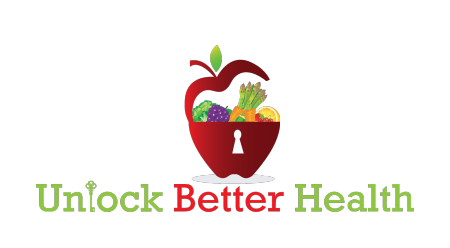
February has been named heart health awareness month. Heart disease is the leading cause of death in the US and has been for many years. Globally, it accounted for 18.6 million deaths in 2019. Contributing factors are a poor diet consisting of highly processed, low fiber foods, obesity, stress, and physical inactivity. A recent study showed that 22% of the population gained what is being coined the “quarantine 15.” That’s a lot of extra weight.
Doctors & scientists have been looking at several causal factors for cardiovascular disease for over 60 years now.
Back in 1953, a physiologist named Ancel Keys coined the diet-heart hypothesis – which incorrectly linked dietary fats and cholesterol to heart disease. This theory stuck for decades and has been a dietary dogma since.
Today we have a large meta-analysis of prospective studies involving close to 350,000 participants that found no association between saturated fat and heart disease. A Japanese prospective study that followed 58,000 men for an average of 14 years found no association between saturated fat intake and heart disease and an inverse association between saturated fat and stroke (i.e., those who ate more saturated fat had a lower risk of stroke).
In recent years, cholesterol has been demonized. But, cholesterol is needed and protective. It makes sex and stress hormones, fuels the brain, soothes inflammation, provides a protective membrane around EVERY cell in the body, and helps with Vitamin D production. Cholesterol is the band-aid sent to protect blood vessels. However, if we need too many “band-aids” then we have a problem with build-up and blockages.
With the demonization of saturated fats and red meat, people started to eat more chicken. But, chicken is higher in omega 6 fatty acids. Grass-fed beef has a better nutritional profile, more zinc, heme iron, B12, more conjugated linoleic acid (a potent antioxidant and protects against heart disease), and 2-5 times more Omega 3’s than grain-fed beef! Grass-fed beef also contains lower proportions of palmitic and myristic acid, which are more likely to raise cholesterol. This is why grass-fed and pasture-raised animal meats/eggs are superior for our health.
3 Tips for Heart Health:
- Eat PFF meals – Make sure each meal contains a lean protein, fiber from vegetables, and a healthy fat (olives, nuts/seeds, avocado, fatty fish, olive oil)
- Add antioxidants to your daily diet (kale, berries, dark chocolate, pecans, beets, spinach, and artichokes are examples)
- Move your body daily. Movement of some form is crucial for cardiovascular health.

7 Predictors of Heart Disease:
Inflammation – not cholesterol – is the MAIN predictor of heart disease. Inflammation is caused by high BP, high insulin, advanced glycation end products, heavy metals, mold, hormone imbalance, nutrient deficiencies, and more. The test to measure this is hs-CRP. Elevated levels show a direct correlation with a heart attack. The optimal range is <1.0
Homocysteine – When you have MTHFR gene variants, homocysteine levels can rise. You can feel weak, dizzy, fatigued when levels are high, have low B6, B12, and low folate. High homocysteine can be treated simply with supplementation!
High iron is another risk factor – oxidation in the body – high iron can occur in postmenopausal women. Comes from cookware, water, foods we eat, and even supplements. Make sure you measure your hematocrit, ferritin (iron stores), and hemoglobin levels annually.
Fasting insulin – overproducing insulin as a response to chronic stress or a higher carb/sugar diet can result in inflammation and weight gain. This is a fantastic marker for insulin resistance and more sensitive than the A1c measure for diabetes. Any value over 5 mlU/L means inflammation and insulin resistance are here and lifestyle changes are needed.
Hemoglobin A1c – typical blood test to measure RBC over the last 3 months to look for how one is controlling their blood sugar. Levels should be below 5.6%.
Advanced Glycation End products are sticky molecules that clump together in your tissues and can travel and create blockages and blood clots in blood vessels! The A1c test is also a good measure of AGE’s in your blood. Levels should be below 5.6%.
Cholesterol (Lipid Panel) – You should test far away from surgery, a wound, high stress, injury as cholesterol levels vary daily in response to internal messages.
A complete lipid panel includes something called a VAP. It looks at particle size and number, LP-A - an indicator of risk. Low cholesterol can be as detrimental as too much. Don’t forget: Cholesterol is so essential to good health that it’s found in almost every human cell. Levels below 160 mg/dl may indicate anemia, infection, and excess thyroid function, as well as memory and cognition issues. Good total levels can be 160-210.
To learn how to eat for a healthy heart, join me for a live online class on February 27, 11:00 am. I’ll talk about these factors in more detail and show you how to make foods that support healthy heart function. Find out more at www.UnlockBetterHealth.com

